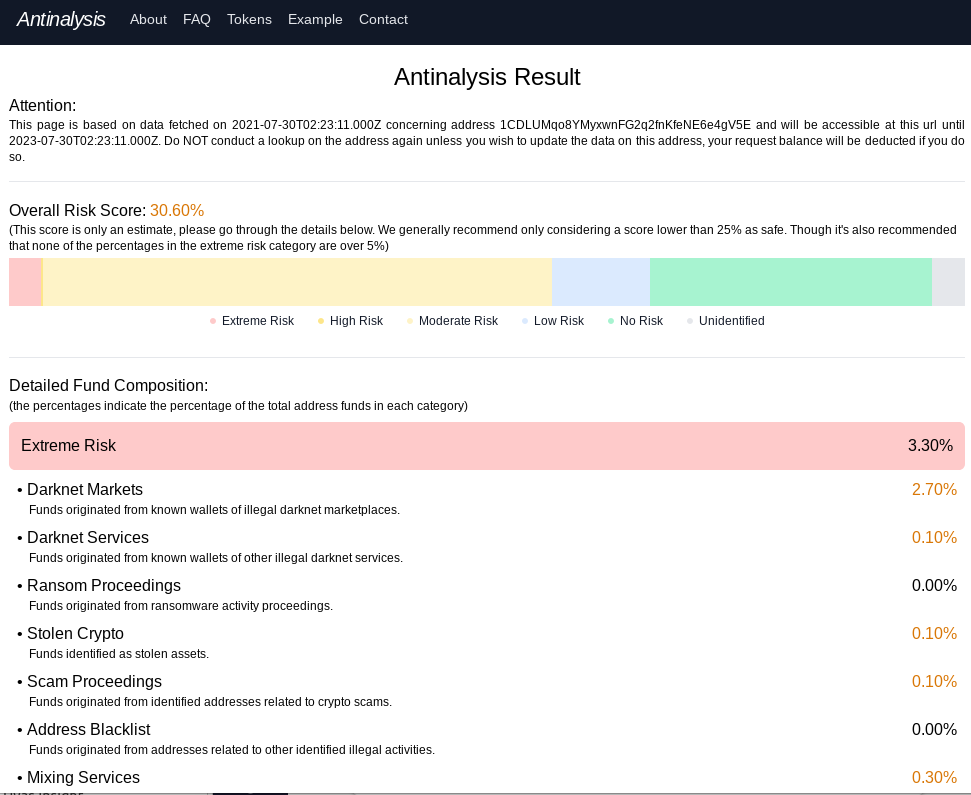“You have zero privacy anyway. Get over it,” Scott McNealy said of online privacy back in 1999, a view the former CEO of the now-defunct Sun Microsystems reiterated in 2015. Despite the hue and cry his initial remarks caused, he’s been proven largely correct.
Cookies, beacons, digital signatures, trackers, and other technologies on websites and in apps let advertisers, businesses, governments, and even criminals build a profile about what you do, who you know, and who you are at very intimate levels of detail. Remember that 2012 story about how Target could tell a teenager was pregnant before her parents knew, based on her online activities? That is the norm today. Google and Facebook are the most notorious commercial internet spies, and among the most pervasive, but they are hardly alone.
To read this article in full, please click here






